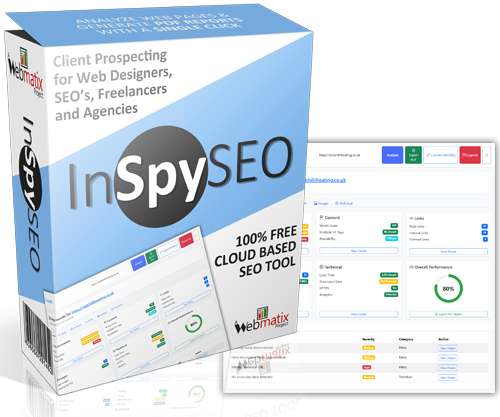Understanding the Cost of Implementing Marketing Automation
In today’s digital landscape, businesses are continually seeking ways to streamline their operations and enhance their marketing efforts. One effective solution is marketing automation. However, many business owners often wonder, what is the cost of implementing marketing automation? In this article, we will break down the various costs associated with marketing automation, helping you make an informed decision.
What is Marketing Automation?
Before diving into costs, it’s essential to understand what marketing automation entails. Marketing automation refers to the use of software to automate repetitive marketing tasks, such as:
- Email marketing
- Social media posting
- Lead generation and nurturing
- Analytics and reporting
This technology allows businesses to target customers with automated messages across various channels, ensuring a more personalized approach.
Factors Influencing the Cost of Marketing Automation
The cost of implementing marketing automation can vary significantly based on several factors:
1. Software Selection
The choice of marketing automation software is one of the most significant factors influencing cost. There are numerous platforms available, each with varying pricing structures. Common software options include:
- HubSpot: Known for its comprehensive features, pricing can start around $50/month and go up to several thousand dollars for premium packages.
- Marketo: A robust platform aimed at larger businesses, it can range from $1,000/month to over $10,000/month.
- Mailchimp: A budget-friendly option, starting at $10/month for basic features.
When assessing software, businesses should consider their specific needs and budget to select the best fit.
2. Implementation Costs
Beyond software subscriptions, businesses must also consider implementation costs. This can include:
- Initial setup fees
- Integration with existing systems
- Customizations based on your unique business requirements
Implementation can cost anywhere from a few hundred to several thousand dollars, depending on the complexity of the setup.
3. Training and Support
Training your team to use marketing automation tools effectively is crucial for success. Most platforms offer training resources, but you may need to invest in:
- In-person training sessions
- Online courses or webinars
- Ongoing support and consulting fees
Training costs can range from a few hundred to several thousand dollars, depending on the depth of training required.
4. Maintenance and Upgrades
Marketing automation tools require regular updates and maintenance. This may involve:
- Routine software updates
- Adding new functionalities
- Ongoing support services
Budgeting for maintenance can help avoid unexpected expenses. Typically, businesses should allocate around 15-20% of their initial investment for annual maintenance.
Calculating the Total Cost of Marketing Automation
To provide a clearer picture, let’s summarize the potential costs:
- Software Subscription: $10 – $10,000/month
- Implementation Costs: $500 – $5,000 (one-time fee)
- Training and Support: $300 – $3,000 (initial training)
- Maintenance: 15-20% of the total initial cost annually
For example, if a business selects a mid-tier software costing $200/month, it would incur the following costs in the first year:
- Software Subscription: $2,400
- Implementation Cost: $2,000
- Training: $1,000
- Maintenance (20% of $5,400): $1,080
Total First-Year Cost: Approximately $5,480
Return on Investment (ROI) from Marketing Automation
While the upfront costs of marketing automation may seem daunting, businesses often see a significant return on investment (ROI). Here are some benefits that can lead to increased revenue:
- Increased Efficiency: Automation saves time by reducing manual tasks, allowing your team to focus on strategy.
- Enhanced Targeting: Tailored messages can lead to higher conversion rates.
- Improved Customer Experience: Personalized communication fosters customer loyalty and satisfaction.
Many companies report an increase in revenue by as much as 10-30% within the first year of implementing marketing automation.
Conclusion
Understanding the cost of implementing marketing automation is crucial for businesses looking to enhance their marketing efforts. By considering software selection, implementation costs, training, and ongoing maintenance, you can calculate a realistic budget. Remember, while the initial investment may be significant, the potential ROI makes marketing automation a worthwhile consideration for growing your business.
If you’re ready to take the plunge into marketing automation, evaluate your options carefully, and prepare to reap the long-term benefits!

Leave a Reply